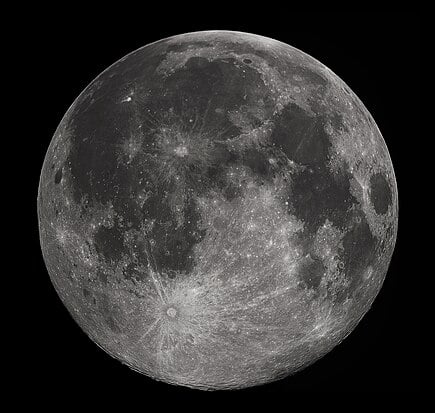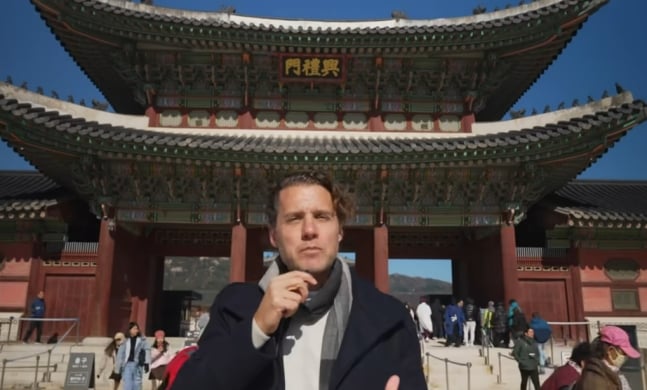Mark Manson, an American bestselling author and famous YouTuber, has made headlines by posting a video that he “traveled to the world’s most depressing country” after visiting Korea. Manson, a best-selling author who has written famous self-development books such as “The Art of Turning Off Nervousness,” is a YouTube creator with 1.44 million subscribers.
Manson recently released a 24-minute video on his YouTube channel under the theme of “Traveling to the World’s Depressing Country.” During his visit to Korea, Manson met with Americans, psychologists, and psychiatrists living in Korea to look into depression in Korean society.



This is reasonably accurate. Korea is very heavy on the grind. If you ever want to learn work ethics and how to have fun with the short amount of free time you get, this is the place.
Source: 대한민국에서 살고 있어
It doesn’t sound like the kind of work ethic I want to learn. That’s basically voluntary slavery.
Individualism is great.
I agree with the first part, but I’m confused by “Individualism is great”. Not sure what individualism has to do with it.
Is this supposed to contrast with the US, a country where people work some of the longest hours in the developed world? I think the whole “the West is free and individualistic and Asians are conformist robots” thing is a myth.
Individualism is kinda the opposite of confucianism. Confucianism teaches that an individual is worth nothing and they must give all to family and state. I don’t agree with that. I deeply believe in thriving through self-exploration, free from peer pressure and especially religious dogma.
I wasn’t directly thinking about work ethic there, I just really hate the basic principles of Confucianism. I feel it’s restricting people. In the western world we have the same things, but they come from religions and conservatism instead (see the hate against trans people these days in the US). They’re also not as strongly embedded into society as they are in Confucian countries as far as I can tell. We value individualism a lot more, especially on the leftish/progressive side.
The reason I mentioned it is because Confucianism is often idolised in the Western world (“look there in China / Korea they still care about each other!”) but it’s also a terrible straightjacket for people not able or willing to conform to whatever stuff their society expects. Because people that impose rules upon themselves tend to want to impose those rules upon others even those that don’t share their belief.
I don’t mind others having belief systems but let me have none. And that’s really the part where things tend to not work out.
You’re thinking of collectivism, the actual opposite of individualism. Confucianism isn’t really related and is about finding meaning and cultivating the self, it’s a form of civil religion.
In fact, Confucianism is about self-cultivation and actualization, though in the context of society.
No, YOUR mother is a craven harlot!